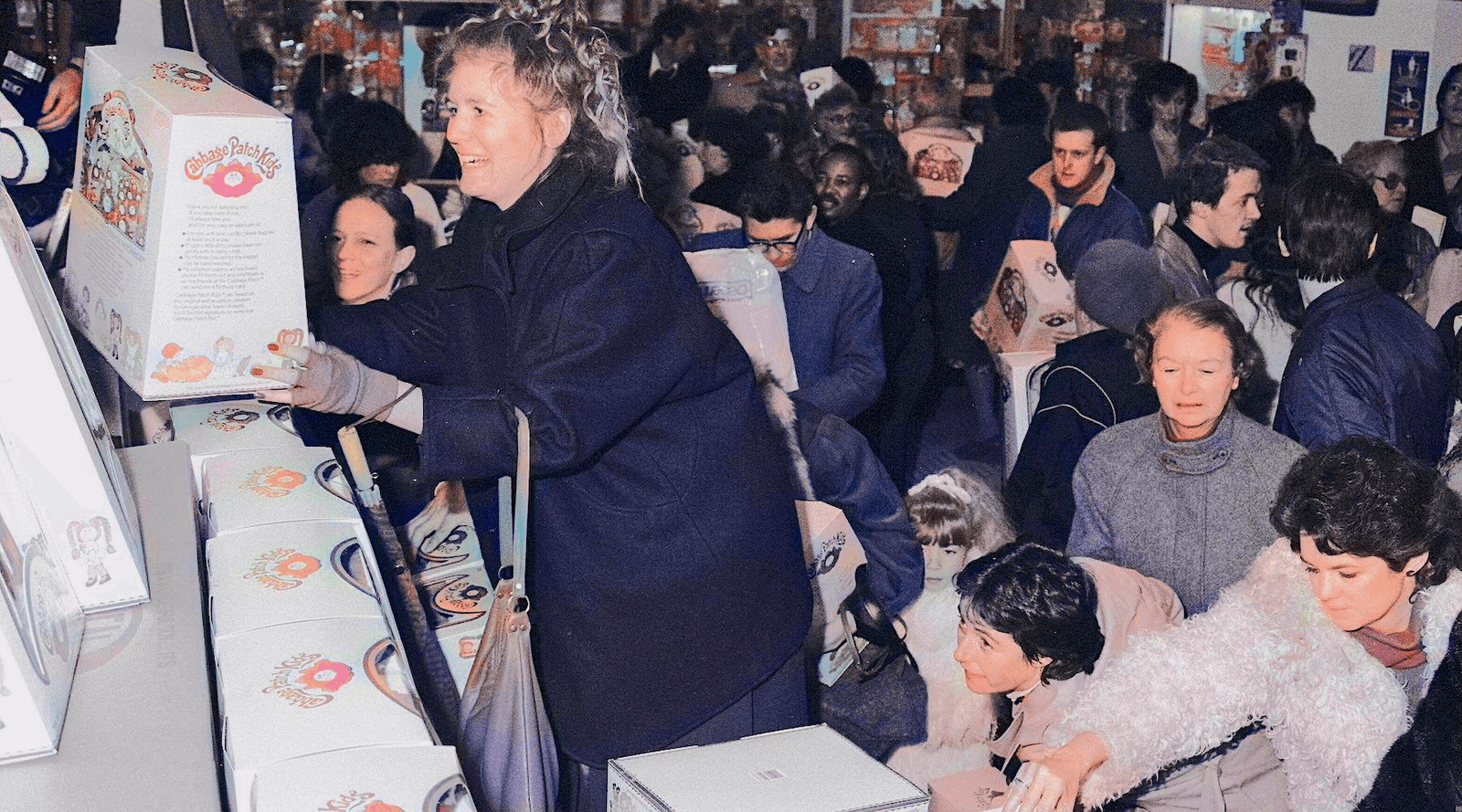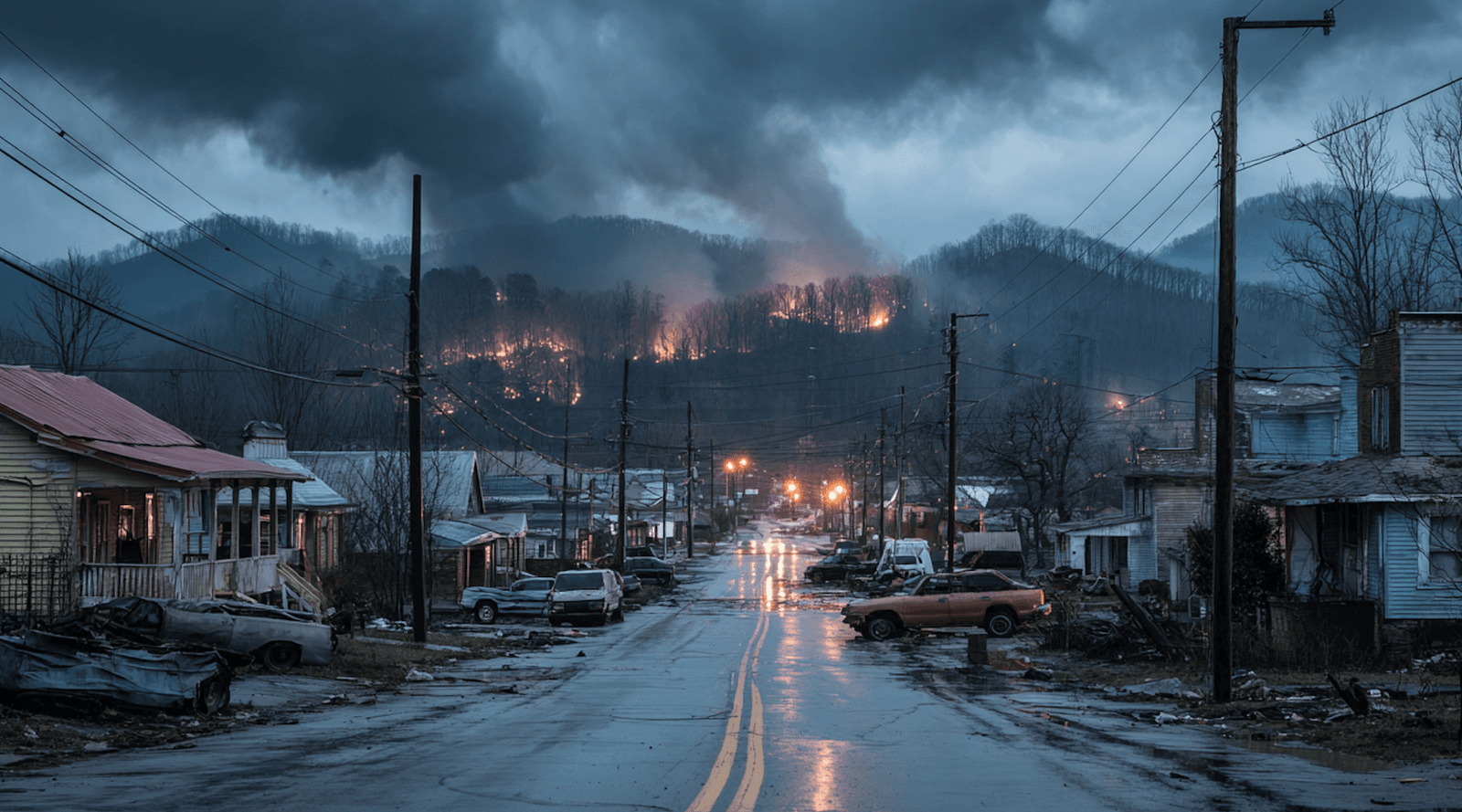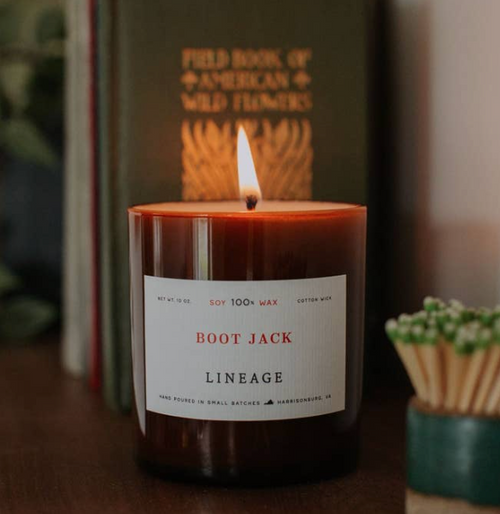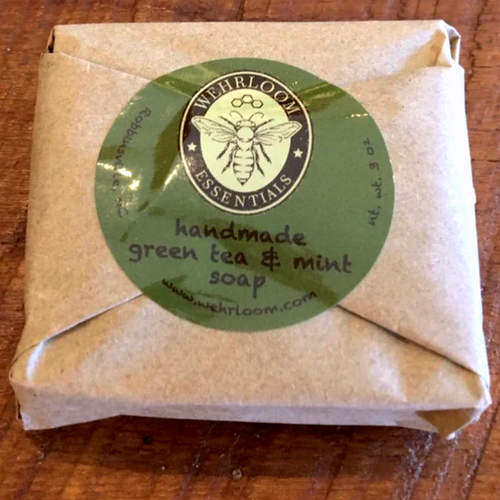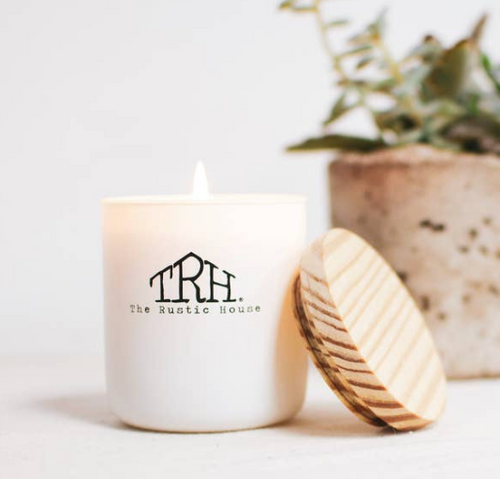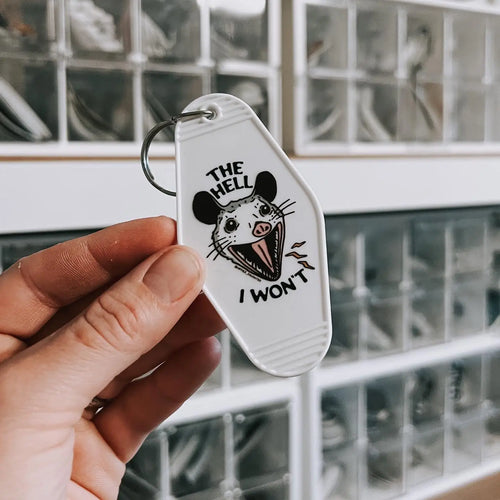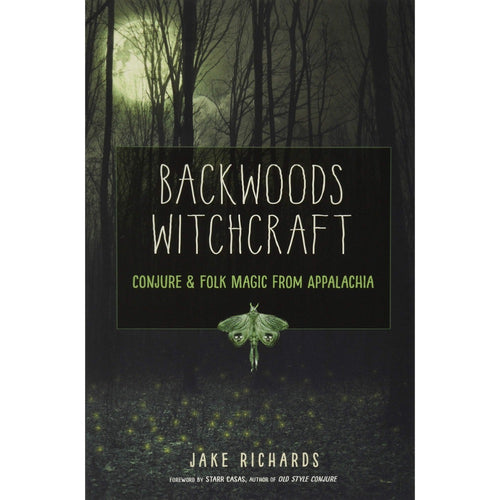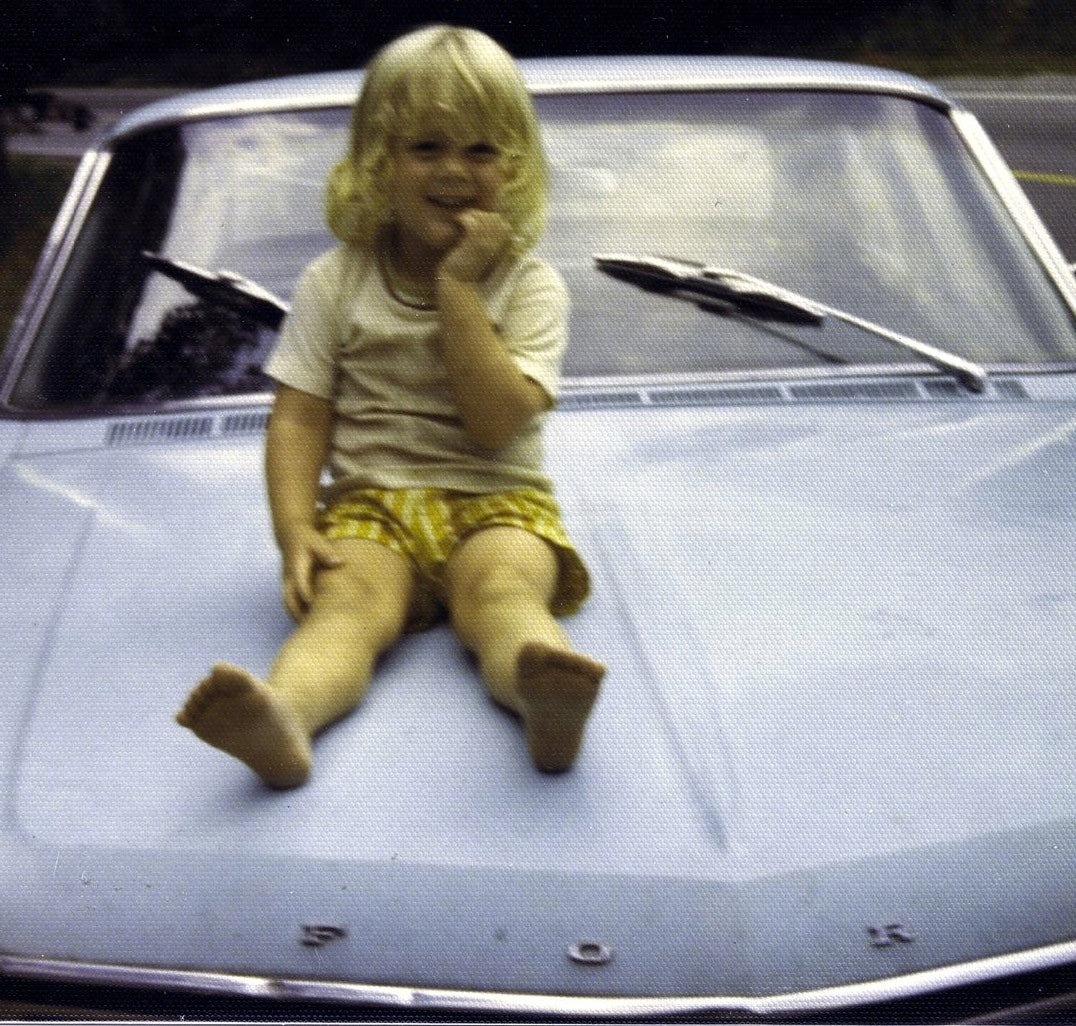
Once I had a mountain twang. It was thick as bacon fat and stronger than the scent off a rose bush in full bloom. When I was 3 and living on Bent Mountain, my parents recorded me. On that tape, you can hear me sassing at bedtime, “Maw’ma, ayan’t slee’pee. Ayan’t red’ee for be’ed.”
I didn’t know I spoke with a dialect because everyone around me talked the same–choppy and fast without stopping between words, adding flourish with sayings:
Lord willin and the creek don’t rise.
You ain’t sugar; you won’t melt.
Ain’t seen you in a coons age.
In a world framed by metaphors, our speech was elaborate and gorgeous. Now, I wish I’d had the good sense to protect it.
When I signed up for high school theater, I was told to lose my dialect, so I started saying the g in words ending in ing. I learned to pronounce pen and pin differently. I mastered the flat, all-American accent used by newscasters and politicians and for a while, managed to contain it to the stage. When the curtain closed, my Appalachian twang sprung back, full force.
But mainstream English proved hard to control. It seeped into daily life, turning my war’sh into wash and grocery store buggies into carts. By the time I left for college, my beautiful mountain drawl had faded like fabric left in the sun, its pattern still visible though softened.
Then I spent four years surrounded by Northerners, the kind who wore Birkenstocks and quoted Margaret Mead. Though my college was in North Carolina, Yanks flocked to its progressive campus, bringing the even timbre of the hyper-educated with them.
This dull tone wore down whatever was left of my twang. It also changed what I heard back home. On the phone and during visits, mountain dialects popped. Someone would sayhey, swee’dee or call me Maurk’ly’yn, and I’d smile. It was like being greeted with fireworks every time family called.
I’ve heard that some mountain folks erase their accents intentionally. A few years back, National Geographic explained it this way:
“Many young adults from the United States’ southern Appalachian Mountains . . . fear their distinct twang, nonstandard grammar, and obscure idioms will cause potential employers to conclude they are incapable of holding jobs.”
This never crossed my mind. My accent was virtually gone by the time I was doing white-collar work, so I doubt it hindered my career. Though maybe I was just passing. Like some people of color used to pass for white, I blended into the dominant culture.
In Boston, where I spent my 20s, I listened to rock and jazz, not bluegrass. I vacationed at the beach or abroad, not in the mountains. I wore button downs and khakis without owning a single pair of bibs. Once, a friend told colleagues that I was from the Appalachians. Their eyes got big, and one said, “No way. I’d always assumed he was a Kennedy or something.”
It’s no surprise my accent remained dormant until I headed south. Twelve years ago, I moved to D.C. A job was waiting and the promise of better weather, but mostly I wanted to be closer to family. On weekends, I drove to the mountains to hang with kin and for the first time in years, talk the way I was meant to talk.
As unconsciously as it faded, my native dialect returned. Ain’t and y’all eased back into my sentences, sounding softer than when I was a kid but still seasoned with a distinctive drawl. Their cadence felt natural, as if it had been inside me the whole time.
Now my accent comes and goes, depending on who’s talking to me, how many drinks I’ve had, and, especially, where I am. Driving west from D.C., it’s like I pick up a signal around Front Royal. My vowels get longer. Single consonant words begin breaking into two. By the time I reach the Shenandoah Valley, I talk about how everything looks migh’dy purdy, and as much as the mountain view around me, the twang in my own voice tells me that I’m home.
*
This piece appeared in The Roanoke Times on June 21, 2015.
Mark Lynn Ferguson founded Woodshed. His work has appeared in The Washington Post, Chicago Tribune, The Seattle Times, and many Appalachian publications. He lives in Roanoke, Virginia, where he loves cooking a mess of fried taters and picking pawpaws.


